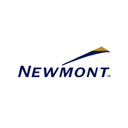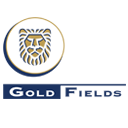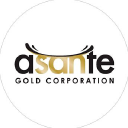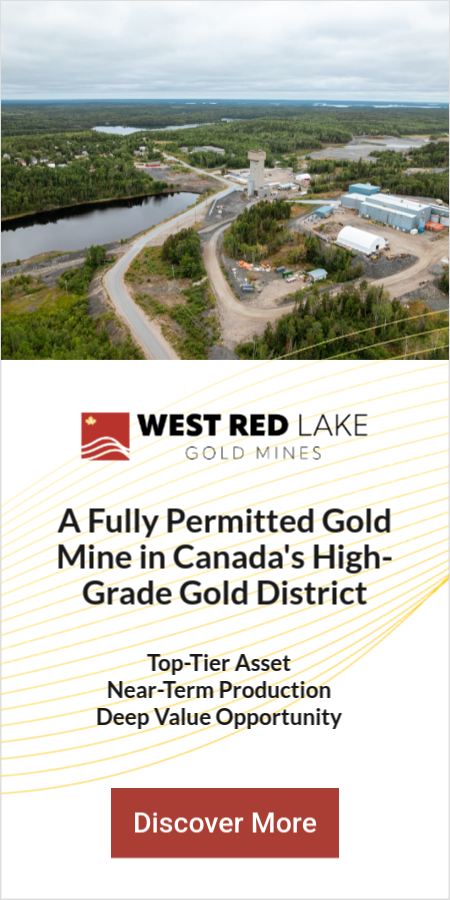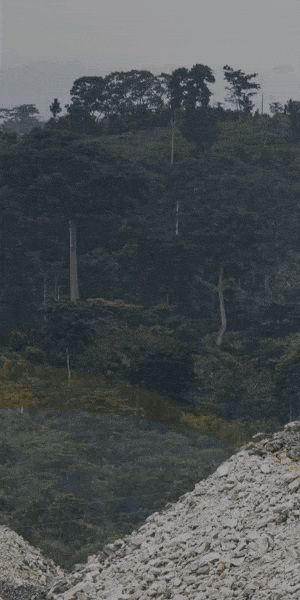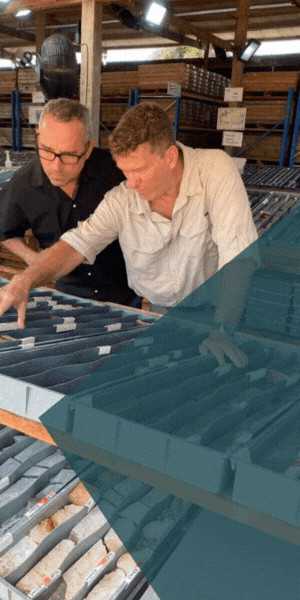Mining in Ghana: A Hub of Opportunity for the Industry
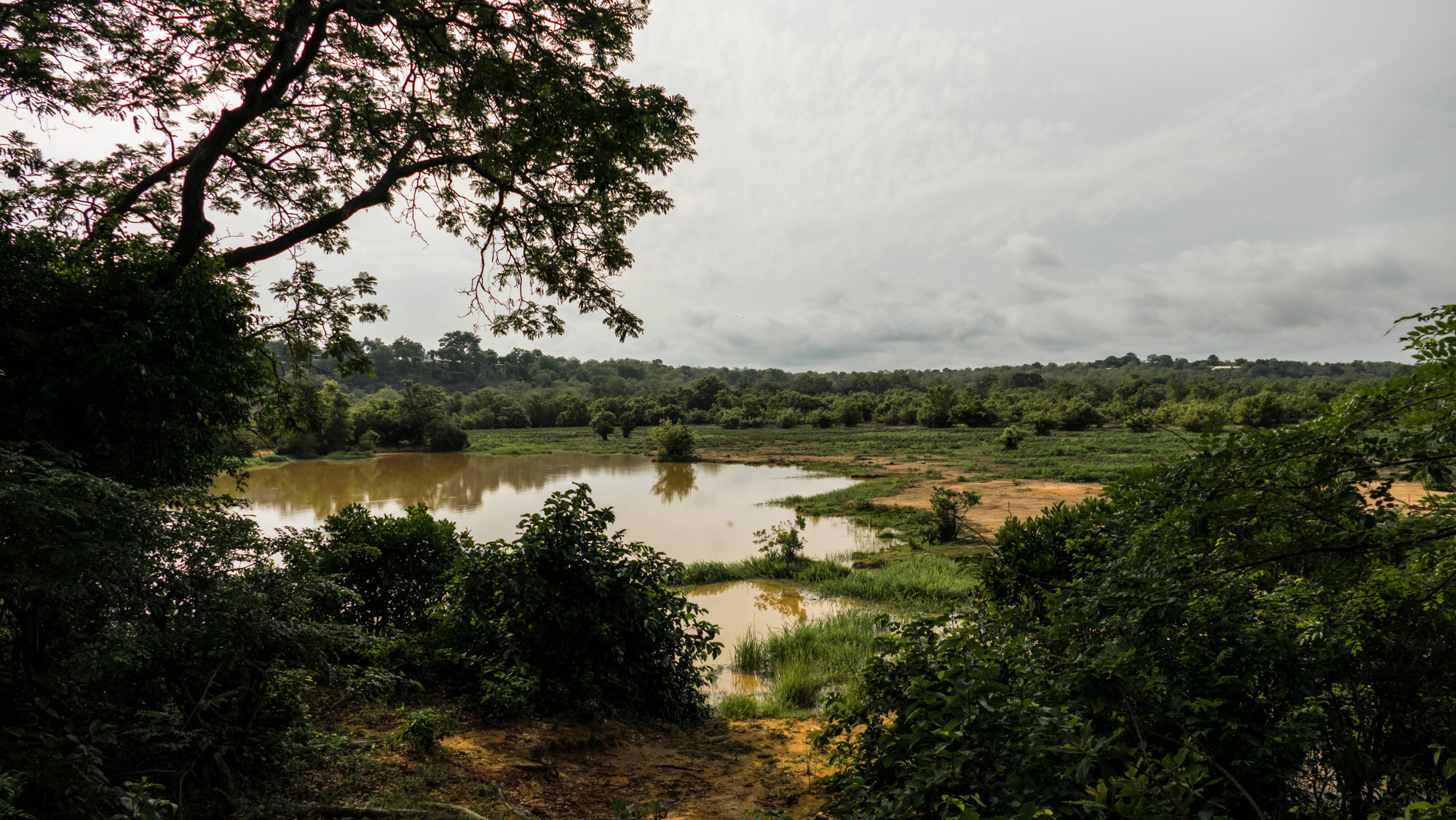
Ghana leads Africa in gold production with a stable mining sector. Explore top companies, reserves, and sustainability efforts in this investor-friendly destination.
- Ghana is the leading gold producer in Africa, offering a stable and resource-rich environment for mining.
- Major players in Ghana’s mining sector include AngloGold Ashanti, Newmont Corporation, Gold Fields Limited, Asante Gold Corporation, and Perseus Mining.
- The country’s regulatory framework, including the Minerals and Mining Act, 2006, supports investor-friendly policies.
- Challenges include illegal mining (galamsey), community relations, and environmental concerns.
- Companies are leveraging sustainability initiatives and local content requirements to secure long-term operations.
Ghana as a Mining Destination
Ghana, often referred to as the “Gold Coast,” has long been recognized as a global hub for mining due to its rich reserves and favorable conditions for exploration and development. The mining sector is a cornerstone of the Ghanaian economy, contributing significantly to GDP, employment, and foreign exchange earnings. It consistently ranks as Africa’s largest gold producer and one of the top ten gold-producing countries globally.
Geological Wealth
Ghana is endowed with a diverse range of mineral resources. Gold remains the dominant mineral, with significant deposits located in the Ashanti, Western, and Northern Regions. In addition to gold, the country is home to rich reserves of bauxite, manganese, and diamonds. Emerging minerals, such as lithium and other rare earth elements, are gaining attention due to their growing importance in global technology and renewable energy markets.
Stable Political Environment
One of Ghana’s key advantages as a mining destination is its stable political climate. The country has a strong tradition of democratic governance and peaceful transitions of power, fostering an environment of stability and predictability for investors. This political stability underpins the government’s ability to implement and enforce mining regulations effectively.
Economic Importance of Mining
Mining plays a pivotal role in Ghana’s economy. The sector is a major contributor to GDP, foreign direct investment (FDI), and government revenue through taxes and royalties. It also provides direct and indirect employment to thousands of Ghanaians, from skilled labor in large-scale operations to artisanal miners in small-scale ventures. Revenue from mining is reinvested in infrastructure, education, and healthcare, further enhancing its impact on national development.
Favorable Regulatory Framework
Ghana’s legal and regulatory environment is designed to attract and retain mining investments. The Minerals and Mining Act, 2006 (Act 703), provides a clear and transparent framework for licensing, exploration, and operations. Incentives such as stability agreements, tax holidays, and reduced import duties for mining equipment make Ghana an investor-friendly jurisdiction. Additionally, the government emphasizes local content requirements to ensure that the benefits of mining are shared with local communities.
Key Mining Companies in Ghana
AngloGold Ashanti
AngloGold Ashanti is one of the world’s largest gold producers and a major player in Ghana’s mining industry. Its flagship Obuasi Gold Mine in the Ashanti Region is one of the oldest and largest gold mines globally. Following its reopening in 2019 after a period of dormancy, the Obuasi mine now produces approximately 400,000 ounces of gold annually. The mine has a reserve life exceeding 20 years, with continued exploration ensuring its longevity.
To enhance operational efficiency, AngloGold Ashanti employs cutting-edge underground mining technology, which has significantly reduced production costs while maintaining high safety standards. The company also focuses on workforce training and the introduction of automated systems to improve productivity.
Beyond mining, AngloGold Ashanti invests heavily in local communities. The company has built schools and health facilities, improved local water supply systems, and supported small business initiatives. Recent community development projects include skill training programs for youth and funding for agricultural projects aimed at economic diversification in mining-affected areas.
Newmont Corporation
Newmont Corporation operates two major mines in Ghana: the Ahafo and Akyem mines. The Ahafo Mine, located in the Brong-Ahafo Region, contributes approximately 500,000 ounces of gold annually, while the Akyem Mine in the Eastern Region produces around 400,000 ounces. Together, these operations have significant reserves, with Ahafo holding an estimated 9 million ounces of gold and Akyem contributing 4 million ounces.
Newmont employs advanced technology to maximize operational efficiency, including automated haulage systems and real-time data monitoring. These innovations have enabled the company to reduce costs and maintain its position as a low-cost gold producer globally.
In terms of community engagement, Newmont is a leader in corporate social responsibility. The company has implemented initiatives to support healthcare, education, and infrastructure development in its operational regions. Projects include building schools and clinics, providing scholarships, and establishing the Newmont Ahafo Development Foundation (NADeF), which funds community projects and capacity-building initiatives for local populations.
Gold Fields Limited
Gold Fields Limited is a key player in Ghana, operating the Tarkwa and Damang mines in the Western Region. The Tarkwa Mine is an open-pit operation producing around 550,000 ounces of gold annually, supported by robust reserves of approximately 7 million ounces. The Damang Mine, while smaller, produces approximately 150,000 ounces annually and has an estimated 1.8 million ounces in reserves.
To improve operational efficiency, Gold Fields invests in fleet modernization and the adoption of advanced processing technologies. The company has also implemented a comprehensive energy management strategy to reduce fuel costs and improve sustainability through renewable energy projects.
Gold Fields is deeply committed to community development. The company has constructed schools, clinics, and roads in the Western Region, benefiting thousands of residents. It also provides scholarships to local students and supports initiatives to promote gender equality and women’s empowerment in the mining sector. Additionally, Gold Fields collaborates with local farmers to develop sustainable agricultural practices, fostering economic resilience beyond mining.
Asante Gold Corporation
Asante Gold Corporation operates the Chirano Gold Mine, which it acquired from Kinross Gold Corporation in 2022. Chirano produces approximately 200,000 ounces of gold annually, with an estimated reserve base of 1.9 million ounces. Asante focuses on optimizing processing facilities and expanding its exploration footprint around Chirano to unlock additional resources.
Asante has adopted an operational strategy centered on sustainability and efficiency. This includes upgrading its milling processes and exploring digital tools to enhance production output and reduce costs. The company is also actively pursuing nearby exploration projects, aiming to discover new deposits and extend Chirano’s mine life.
Community engagement is a cornerstone of Asante’s operations. The company funds educational initiatives, healthcare programs, and infrastructure projects in local communities. Recent efforts include constructing water supply systems and partnering with local businesses to stimulate economic growth. Asante’s commitment to environmental stewardship is reflected in its reforestation projects and efforts to minimize the ecological impact of its operations.
Perseus Mining
Perseus Mining’s Edikan Gold Mine in the Central Region produces around 200,000 ounces of gold annually, supported by reserves of approximately 1.4 million ounces. Perseus is actively exploring nearby tenements to extend the mine’s operational life and increase its production capacity. The company employs advanced mining techniques and continuously optimizes its milling processes to enhance efficiency and ensure consistent output. Perseus has also set a clear vision to maintain profitability while contributing to the local economy, aligning with its broader West African operational strategy.
The company is aggressively pursuing exploration initiatives to identify new reserves, ensuring long-term sustainability for its operations. Recent exploration around Edikan has shown promising results, with potential for further resource definition and expansion. Perseus prides itself on its operational flexibility, which allows it to adjust to fluctuating gold prices and maintain efficiency in its production.
Beyond operations, Perseus Mining places a high priority on community engagement. The company supports local communities through job creation, educational initiatives, and agricultural development programs. Key projects include funding water supply systems and providing scholarships for local students, underscoring its commitment to improving the quality of life in surrounding areas. Perseus also emphasizes environmental conservation, employing sustainable practices and participating in reforestation projects to minimize its ecological footprint.
Regulatory & Operating Environment
Ghana’s mining industry is governed by the Minerals and Mining Act, 2006 (Act 703), which provides a transparent and investor-friendly framework. Key highlights include:
- Corporate Tax and Royalties: Mining companies are subject to a 35% corporate tax rate and a royalty range of 3% to 5% based on production levels.
- Local Content Requirements: Operators are encouraged to prioritize local procurement and employment, fostering community development and economic inclusivity.
The government actively supports the mining sector through initiatives by the Ghana Investment Promotion Centre (GIPC) and partnerships with private investors. However, challenges such as the illegal artisanal miners, known locally as galamsey, bureaucratic delays, and infrastructure gaps persist.
Opportunities & Challenges
Opportunities
- Resource Potential: In addition to gold, the exploration of emerging minerals like lithium offers exciting prospects.
- Sustainability Initiatives: Green mining practices and corporate social responsibility (CSR) projects are transforming the industry.
- Community Engagement: Companies are investing in infrastructure, schools, and clinics, fostering stronger relationships with local communities.
Challenges
- Illegal Mining: Galamsey activities pose environmental risks and can lead to conflicts with licensed operators.
- Regulatory Delays: Bureaucratic processes can slow down licensing and permitting.
- Infrastructure Limitations: Companies face challenges with transport and power supply, increasing operational costs.
Final Thoughts
Ghana remains a beacon for mining investment in Africa, offering a rich resource base, a stable political climate, and a supportive regulatory environment. The country’s status as Africa’s leading gold producer reflects its significant reserves and efficient mining practices, attracting global players to explore and operate within its borders. Companies like AngloGold Ashanti, Newmont Corporation, Gold Fields Limited, Asante Gold Corporation, and Perseus Mining are not only driving gold production but also contributing meaningfully to Ghana’s economic and social development.
These companies have demonstrated their commitment to sustainability through advanced technologies, energy-efficient practices, and meaningful community engagement programs. They are playing a crucial role in creating local jobs, supporting education, and building infrastructure, which further cements their partnerships with Ghanaian communities.
While challenges such as illegal mining (galamsey), regulatory hurdles, and infrastructure limitations persist, the opportunities for growth and innovation in the sector are immense. With the global demand for gold and emerging minerals such as lithium on the rise, Ghana’s mining sector is poised to remain a vital contributor to the global mining landscape.
For investors, Ghana offers a unique blend of stability, resource potential, and a forward-looking mining industry that balances profitability with sustainability. The country’s continued emphasis on innovation, local content development, and environmental stewardship ensures that it will remain a preferred destination for mining companies and stakeholders seeking long-term returns.
Analyst's Notes




Subscribe to Our Channel
Stay Informed











